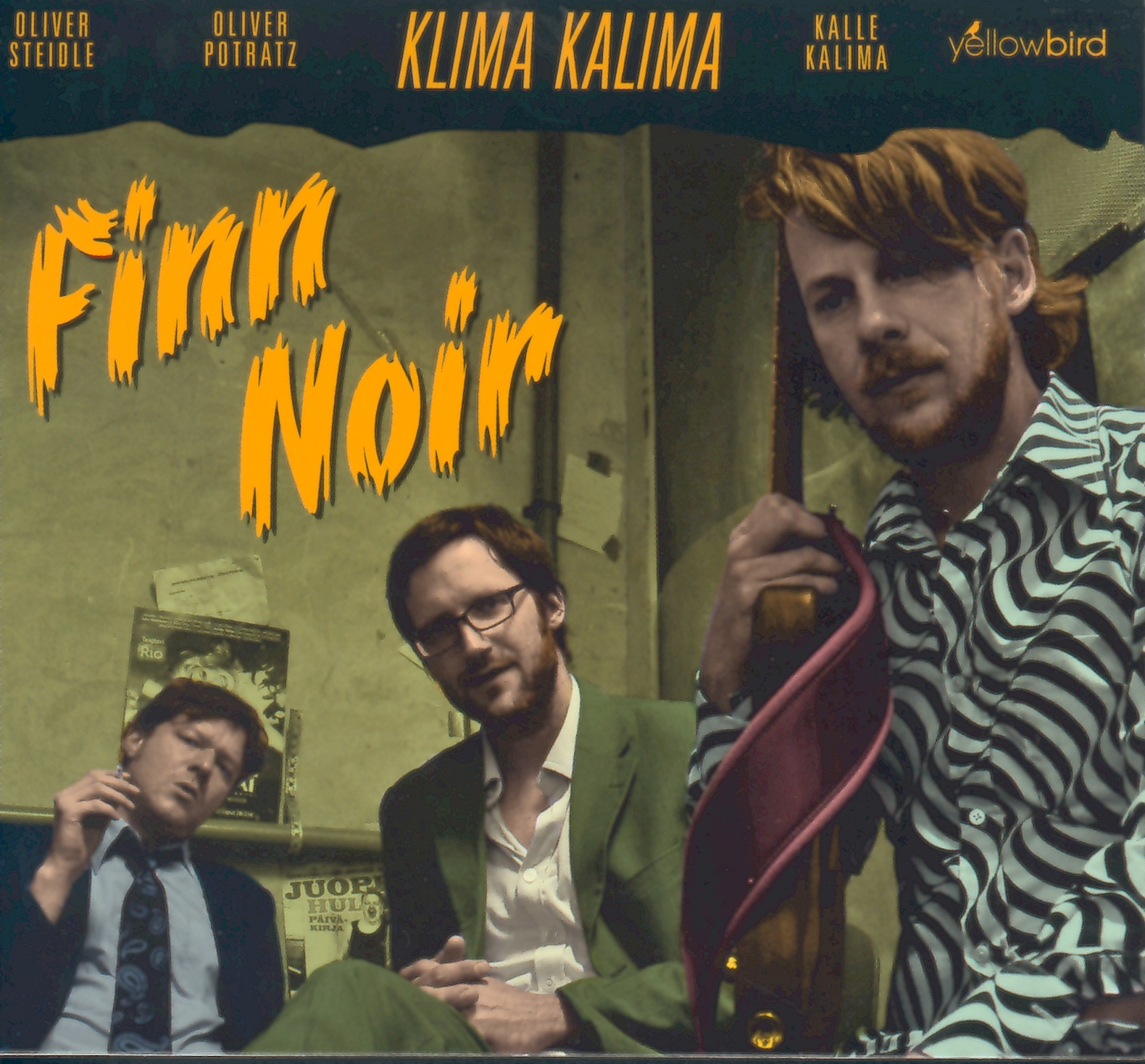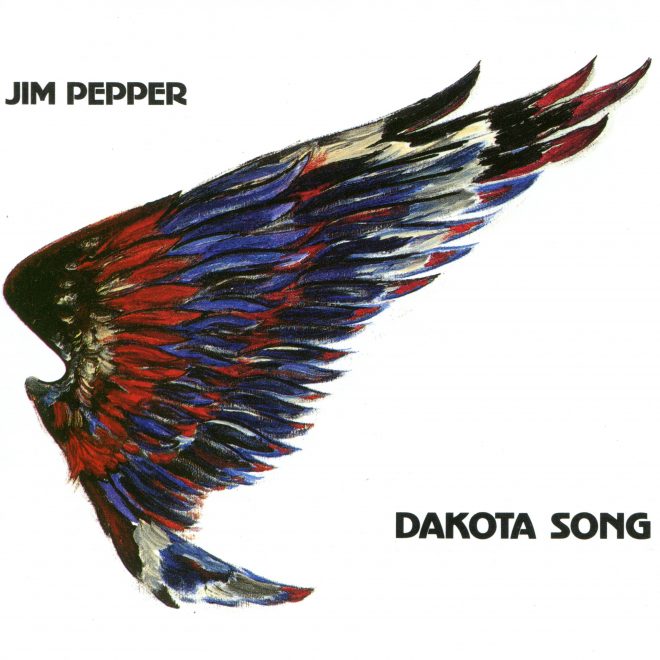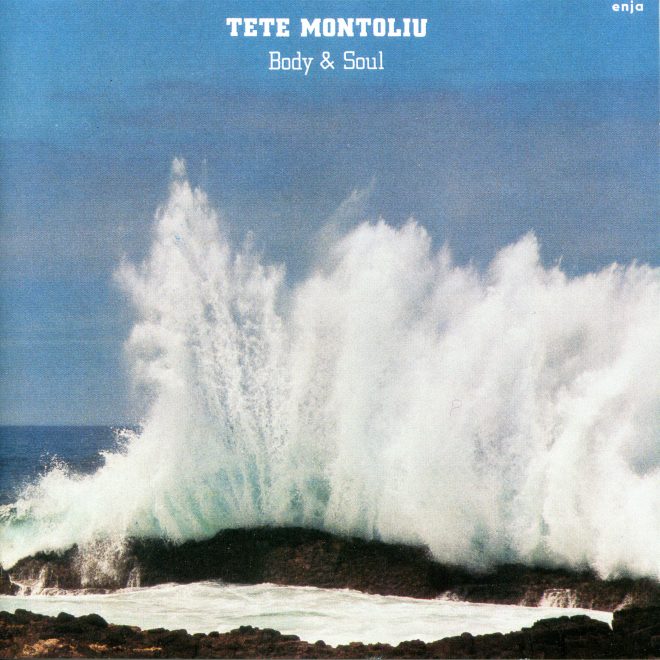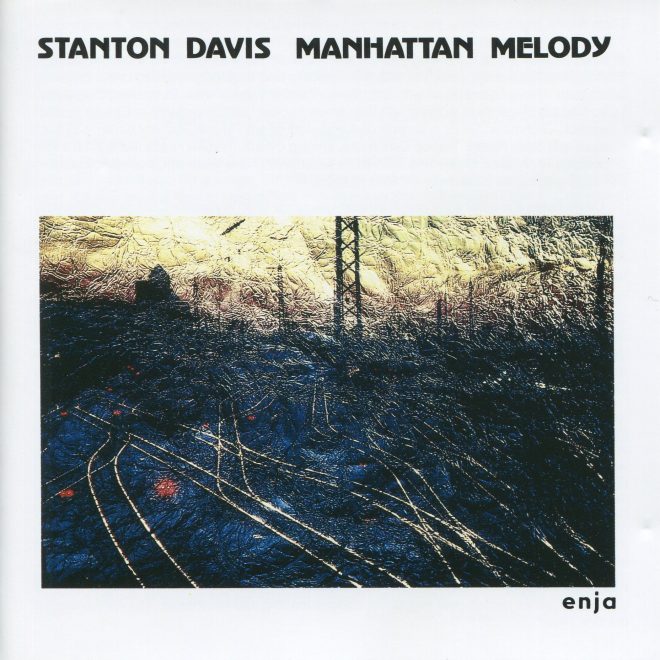Beschreibung
„Kalima is at the moment the most interesting Finnish composer and guitarist…Free, funny with a lot of facettes…“
Jukka Hauru, Helsingin Sanomat
These songs are dedicated to the Finnish film noir. Films by Matti Kassila, Aki Kaurismäki and Mikko Niskanen have served as an inspiration for the music. The album is not a soundtrack but rather a reminiscence of a certain feeling that each film has left in my mind.
As a child I was fascinated by the Inspector Palmu films—the flair of 1960s Helsinki combined with great characters and lots of humor and excitement. The stories where written by the great Mika Waltari, who is perhaps the best internationally known Finnish author through his bestseller „Sinuhe, the Egyptian.“ A few years later I saw Kaurismäki´s work “Calamari Union.” This film is an odyssey of twelve Franks who try to cross Helsinki but die one after another during their effort. Also made in the romantic 1980s, Kaurismäki’s film „Ariel“ is incredibly sad and funny at the same time, dealing with hard Finnish facts of life. Niskanen´s „Eight Deadly Bullets“ was an early 1970s TV film based on a true story about a poor farmer in the Finnish countryside who gets in trouble with the police and ends up shooting four officers. To me this film is a Finno-ugrian variation of a wild west story.
„Things Will Turn Out Right“ was sung by the great Topi Sorsakoski („Kunhan palaan takaisin“ in Finnish). This song is heard in the Kaurismäki film „Man Without a Past“. Sorsakoski had an intense life, dying way too soon. To me, he was the last great Finnish iskelmä singer in the line that started with Olavi Virta, the master of the Finnish tango. „The song „Cafe Brutale“ is inspired by a composition by Virta called „Sä et kyyneltä nää.“ Cafe brutale is a Finnish term for coffee without cognac. I think Finnish iskelmä music and alcohol are as close as a dog is to its fleas.
„Maister i Margarita“ refers not only to the fantastic book by M. Bulgakow but also to Soviet Union-style tour management experienced by Klima Kalima in Lev Tolstoi’s beautiful home town in Tula (Russian Federation). I think Finnish and Russian cultures have much in common, at least when it comes to using only minor keys in popular music. I could imagine Tarkovsky being an inspiration for these Finnish filmmakers. Kaurismäki certainly must have been inspired by Russian ways of decorating a restaurant. His film „La Vie de Boheme“ is a sad story about how difficult it is to be an artist, something that every jazz musician can sing about. In the suite „La Vie de Boheme“ we imagined a trip through St. Petersburg ending up in Leningrad. These films show a culture that is unique, a warm side of dark Nordic reality. We were inspired by these pictures in all of their beauty and roughness.
The band Klima Kalima has been together over 10 years in its current state, and we have been working hard to find our own voice. The explosive Oliver Steidle on drums and the strong Oliver Potratz on bass are among the most sought-after musicians in Berlin. This town was also the reason why this Finno-German group came together in the first place. There is a certain grittiness in Berlin that goes so well with the dark Finnish pictures




